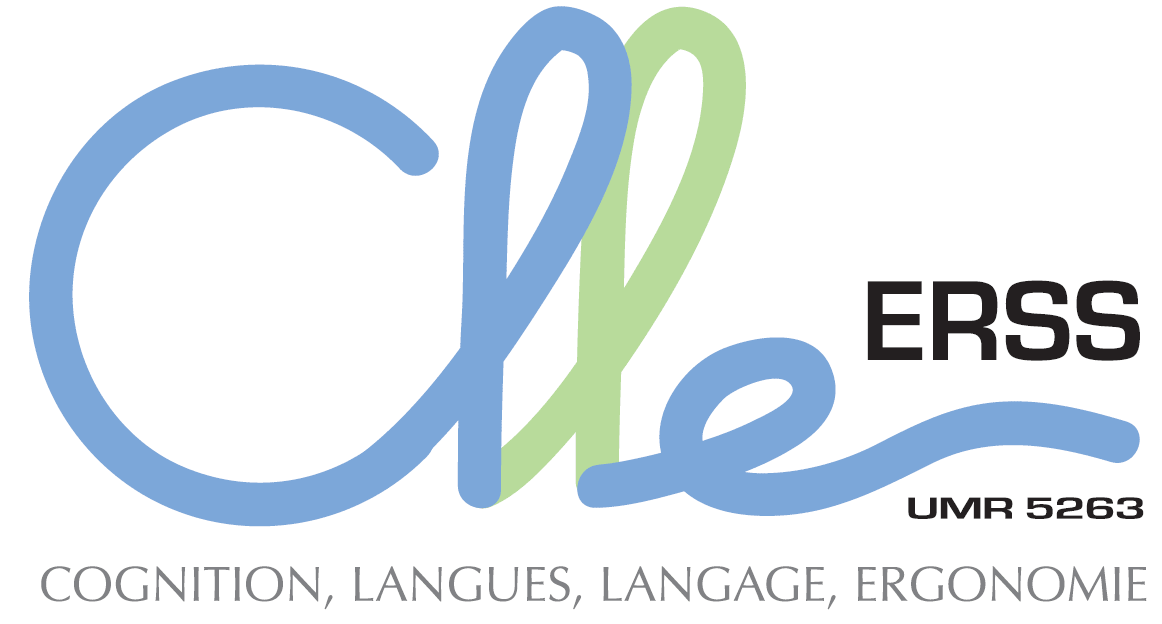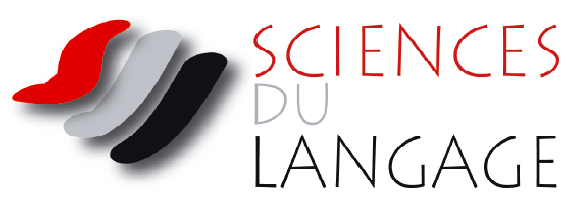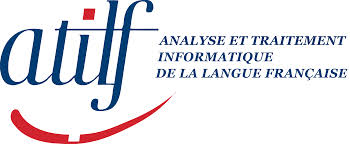ParadigMo 2017
First Workshop on Paradigmatic Word Formation Modeling
Toulouse, 19 - 20 June 2017
Extended deadline : 26 February 2017 |
||||
Invited Speakers
Meeting DescriptionIn the wake of the word-based models, specifically in connection with the word and paradigm approach introduced by Blevins (2013, 2016), the paradigmatic approach is gaining a growing support in the field of Word Formation (WF), essentially derivation but also compounding. More and more work refers to this approach : Van Marle 1985, Stump 1991, Bochner 1993, Bauer 1997, Pounder 2000, Booij 1997, Roché & Plénat 2015, Štekauer 2014, Strnadová 2015, among others. Paradigmatic WF is an alternative to the generative models in morphology and to binary and oriented rules. Paradigmatic models involve derivational relations that are not limited to base-derivative pairs and that may be oriented both ways or have an unspecified direction (Jackendoff 1975). Morphological paradigms are usually considered as interconnected by more or less complex networks of words, reflecting the patterns of the many relations that each word has with the others. These networks cluster into derivational families on one dimension and pile up and form analogies on the other. Paradigm-based approaches to WF are characterized by several distinctive properties:
This workshop will provide an opportunity to discuss recent proposals and advances on paradigms in WF, and in particular with respect to derivation. It constitutes a contribution of the debate and discussion on this issue, in particular within the two workshops organized during the 49th SLE conference (“Paradigms in Word-Formation: New perspectives on data description and modeling” and “Similarities and differences between inflectional and derivational paradigms: individual languages and beyond”). |






